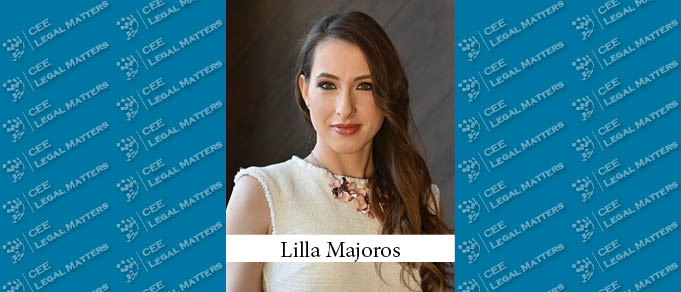Good news for the consumers, but extra work for businesses. From the end of May, shops and webshops are no longer able to round up their discounts by inflating their prices for a short period before the sale. From now on, when announcing discounts, they always have to indicate the previous price of the products, which can only be the lowest price within at least 30 days before the price cut.
In recent years, the European Union has set the goal of strengthening consumer rights. As a result, it was decided to modify the EU directive on the indication of the prices of products offered to the consumers, with rules that will apply from 28 May 2022 and clarify how traders can indicate the level of discounts on their websites, in their advertising, catalogues, shop windows and shelves.
The Act CLV of 1997 on consumer protection already requires that the selling price, the unit price or the price of a service shall be indicated in a clear, easily identifiable and clearly readable way. According to the practice of the consumer protection authority, this obligation also means that the original selling price, the amount of the discount and the final price actually paid by the consumer shall also be indicated.
The NFGM-SZMM Regulation 4/2009 (I. 30.) on the detailed rules for the indication of the selling price and unit price of products and the fees for services, transposing the provisions of the EU directive, will in the future provide new, clear standards for price indication. If the trader advertises a discount, he is obliged to indicate on the price tags the previous price of the product, i.e. the price applied for a certain period of time before the discount. What constitutes the "previous price" of a product or which traders are affected by a change can be determined as follows:
Determining the previous price:
- As a general rule, the "previous price" is the lowest price of the product for a period of at least 30 days prior to the announcement of sale.
- In case the rate of discount is continuously increasing, the previous price is the price before the first application of the discount, without the discount (e.g. the rate of the promotion is 10% at first, then 20% and finally 30% within 30 days).
- The above-mentioned rules do not apply to perishable or short-life products (e.g. fruit, short-life drinks).
- If the product has been on the market for less than 30 days, the previous price is the lowest price applied during a period of at least 15 days preceding the announcement of sale.
For example, if the discount is "50% off" and the lowest price in the previous 30 days was HUF 100,000, the seller must indicate HUF 100,000 as the "previous" price used to calculate the 50% reduction, even though the last sale price of the product before the promotion was HUF 160,000. If 30 days elapse between the price changes before the promotion, we can use the higher price as a starting point without any problem.
The purpose of this reference period of at least 30 days is to prevent traders from juggling prices and presenting false price reductions, for example by raising the price for a short period of time only to reduce it then significantly.
Identifying the traders concerned:
The new rules will apply to the traders who actually conclude a contract with the consumer, i.e. sellers of goods. If the seller sells products directly from an online shop, the rules also apply.
On the other hand, the new rules do not apply to intermediaries who merely allow traders to sell their products on their webshop or who merely aggregate and display price information provided by other sellers (price comparison platforms). These intermediaries will continue to be subject to the general rules on intermediaries' liability and professional diligence. In summary, webshop operators are only covered by the new rule if they sell on behalf of another trader.
The most important rule on price indication is that traders should always ensure that it is clear to the consumer what each indication on the price label means or why previous prices are also indicated. Otherwise, the trader could easily find himself in the hands of the competent authority monitoring unfair commercial practices against consumers.
The above summary is intended only to raise awareness of the changes and is not a substitute for personalised legal advice on the subject. If you have specific questions about the above, please do not hesitate to contact our office.
By Lilla Majoros, Attorney at Law, act Ban & Karika Attorneys at Law




